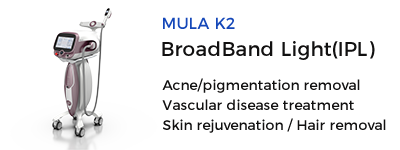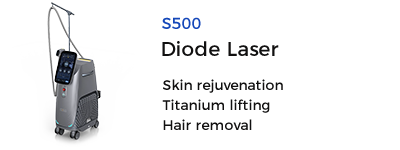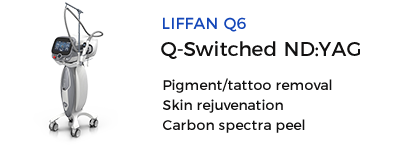Water Intake and Skin Hydration for Acne
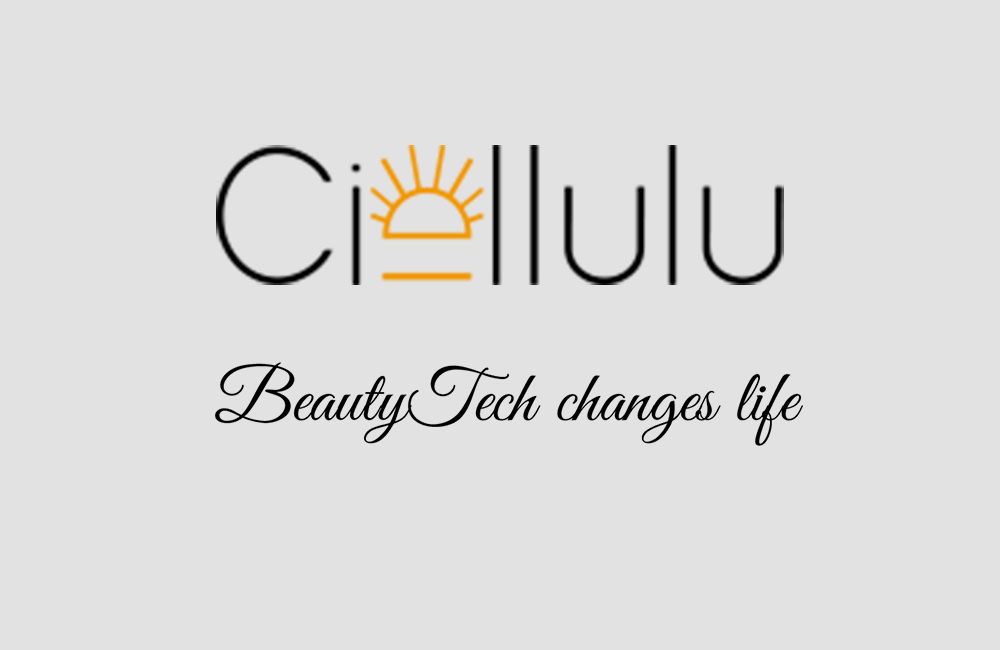
Water Intake and Skin Hydration for Acne
The Role of Water Intake in Skin Hydration and Acne: An Essential Guide
Acne is a common skin condition that affects millions of people worldwide, and managing it often requires a multi-faceted approach. Among the various treatments available, including skin whitening laser treatment, whitening skin treatment, and skin whitening treatment, one fundamental aspect that should not be overlooked is the importance of water intake for skin hydration. Let’s delve into how water intake plays a vital role in skin health, particularly in relation to acne.
The Link Between Hydration and Healthy Skin
Hydration is crucial for maintaining healthy skin. Our skin is the body’s largest organ, and it needs adequate moisture to function correctly. When the skin is well-hydrated, it appears plumper, more elastic, and has a healthy glow. Conversely, dehydrated skin can become dry, flaky, and more prone to irritation and breakouts.
Water helps to flush toxins out of the body, regulate body temperature, and keep the skin moist from the inside out. When you drink enough water, you help maintain the skin’s moisture barrier, which can prevent overproduction of oil, a common culprit behind acne. Additionally, water helps to transport nutrients to skin cells and remove waste products, promoting a clearer complexion.
Hydration and Acne
Acne occurs when hair follicles become clogged with oil and dead skin cells. While several factors contribute to acne, including hormones, diet, and skincare routines, dehydration can exacerbate the condition. Here's how:
-
Oil Production: Dehydrated skin compensates for the lack of moisture by producing more sebum (oil). Excessive sebum can clog pores, leading to blackheads, whiteheads, and pimples.
-
Skin Barrier: A well-hydrated skin barrier is crucial for protecting the skin from environmental aggressors and bacteria. When the barrier is compromised due to dehydration, the skin becomes more susceptible to breakouts.
-
Healing: Proper hydration aids in skin repair and recovery. Water helps carry oxygen and nutrients to skin cells, supporting the healing process for existing acne lesions.
Water Intake Recommendations
While the amount of water one needs can vary depending on factors like age, activity level, and climate, a general guideline is to aim for around eight 8-ounce glasses of water a day (about 2 liters). However, it’s essential to listen to your body and adjust based on your individual needs. Factors like high-intensity workouts, pregnancy, or a hot climate may require you to increase your water intake.
Integrating Hydration with Other Skin Treatments
In addressing acne, combining proper hydration with other skin treatments can yield better results. Some advanced treatments often pursued by individuals seeking not only acne relief but also an even skin tone include:
-
Skin Whitening Laser Treatment: This technique can help improve acne scars and hyperpigmentation. By using laser technology, it targets pigment and stimulates collagen production, promoting a more uniform skin tone.
-
Whitening Skin Treatment: Such treatments often involve topical products containing ingredients like vitamin C, niacinamide, and arbutin that can lighten dark spots and prevent new ones from forming, contributing to a brighter complexion.
-
Skin Whitening Treatment: This encompasses various methods, from chemical peels to microdermabrasion, aimed at reducing pigmentation and improving skin texture and clarity.
Conclusion
While advanced treatments like skin whitening laser treatment, whitening skin treatment, and skin whitening treatment can play significant roles in managing acne and improving skin tone, they should be part of a comprehensive skincare regimen. Ensuring adequate water intake is a simple yet critical step in maintaining skin hydration, which can prevent breakouts, support healing, and promote overall skin health.
Remember, the journey to clear, hydrated skin isn’t just about the treatments you apply externally but also about how you nourish your body from within. Stay hydrated, maintain a balanced diet, and consult with dermatologists to find the best skincare routine tailored to your needs. Your skin will undoubtedly thank you for it.

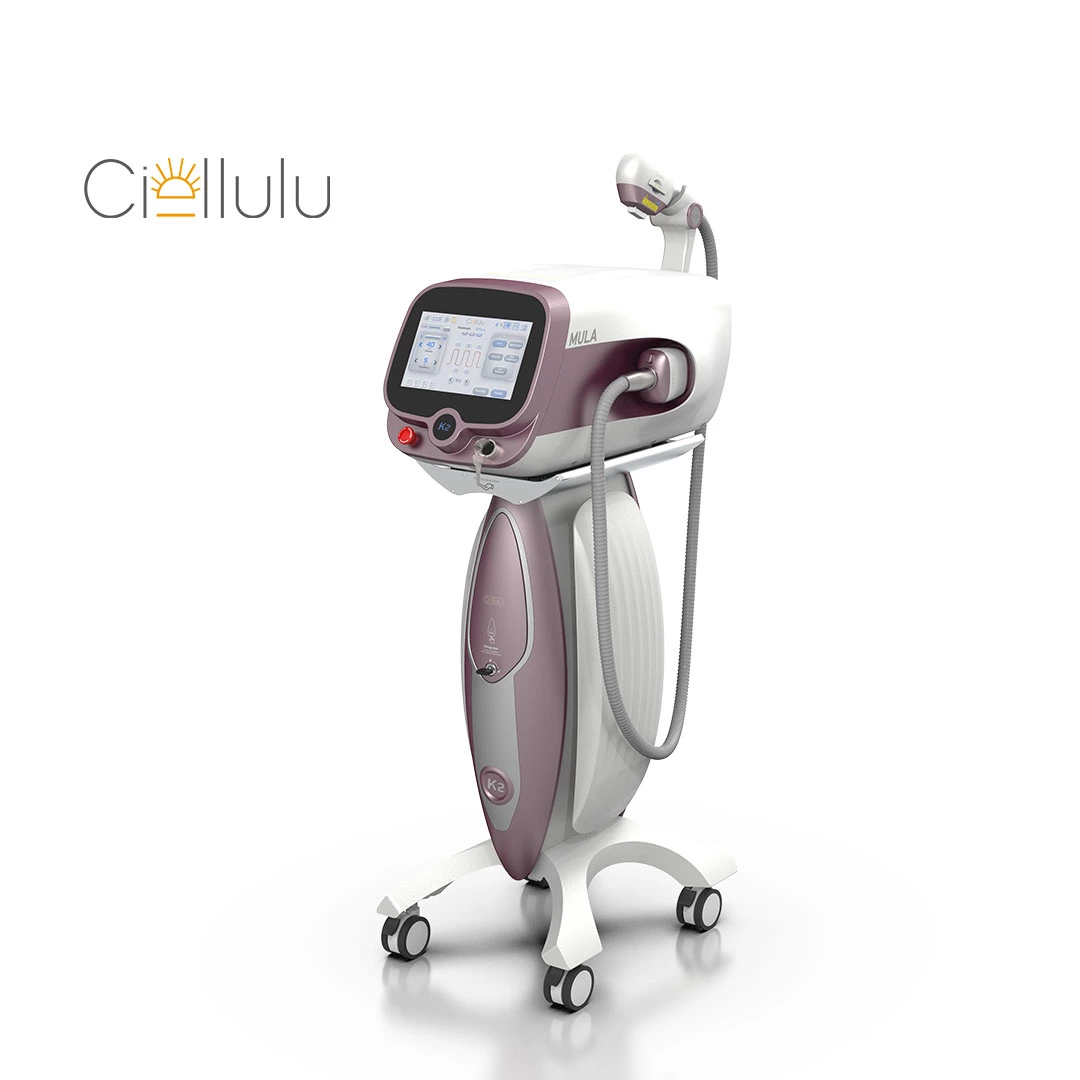
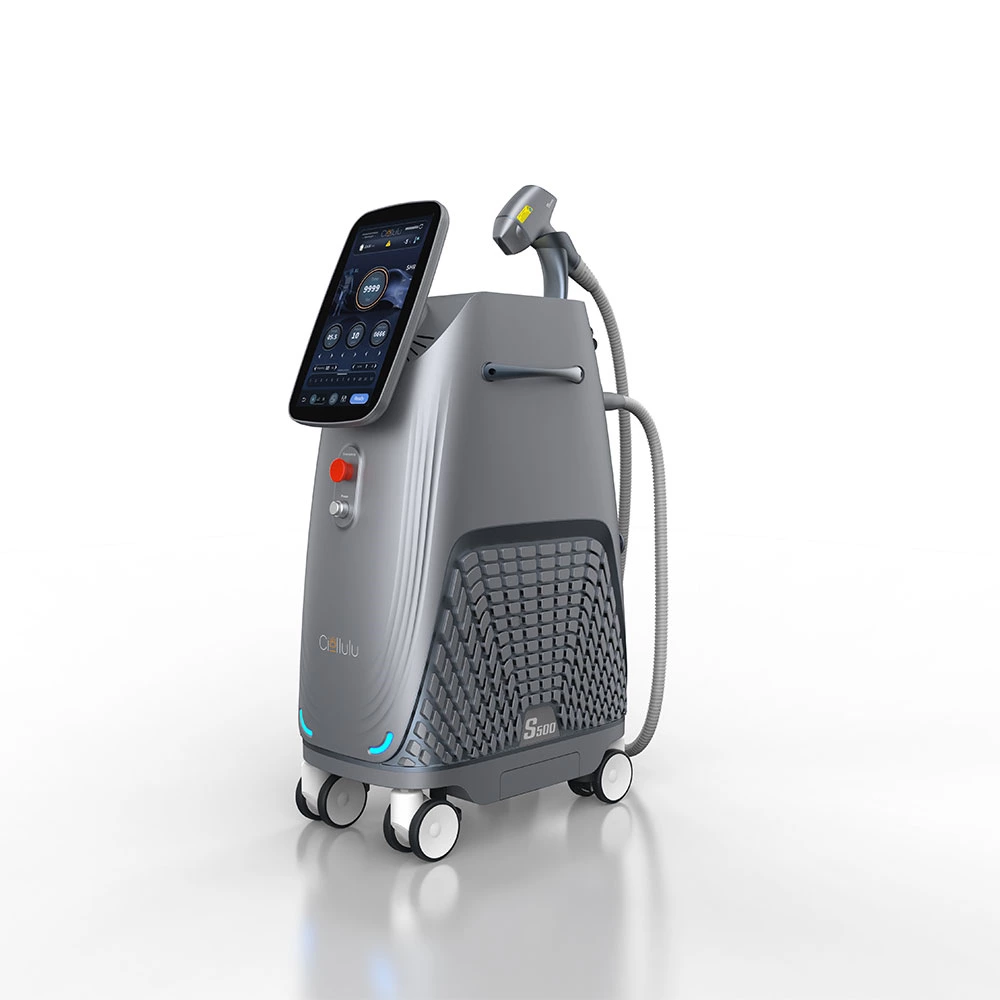
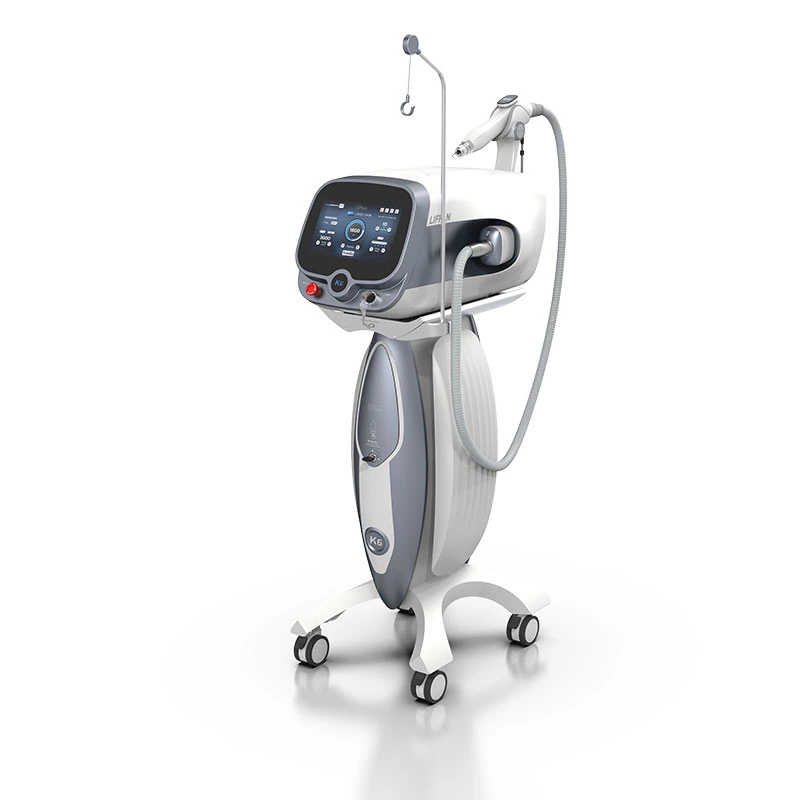
 Ciellulu Laser - Facial Machine Supplier
Ciellulu Laser - Facial Machine Supplier